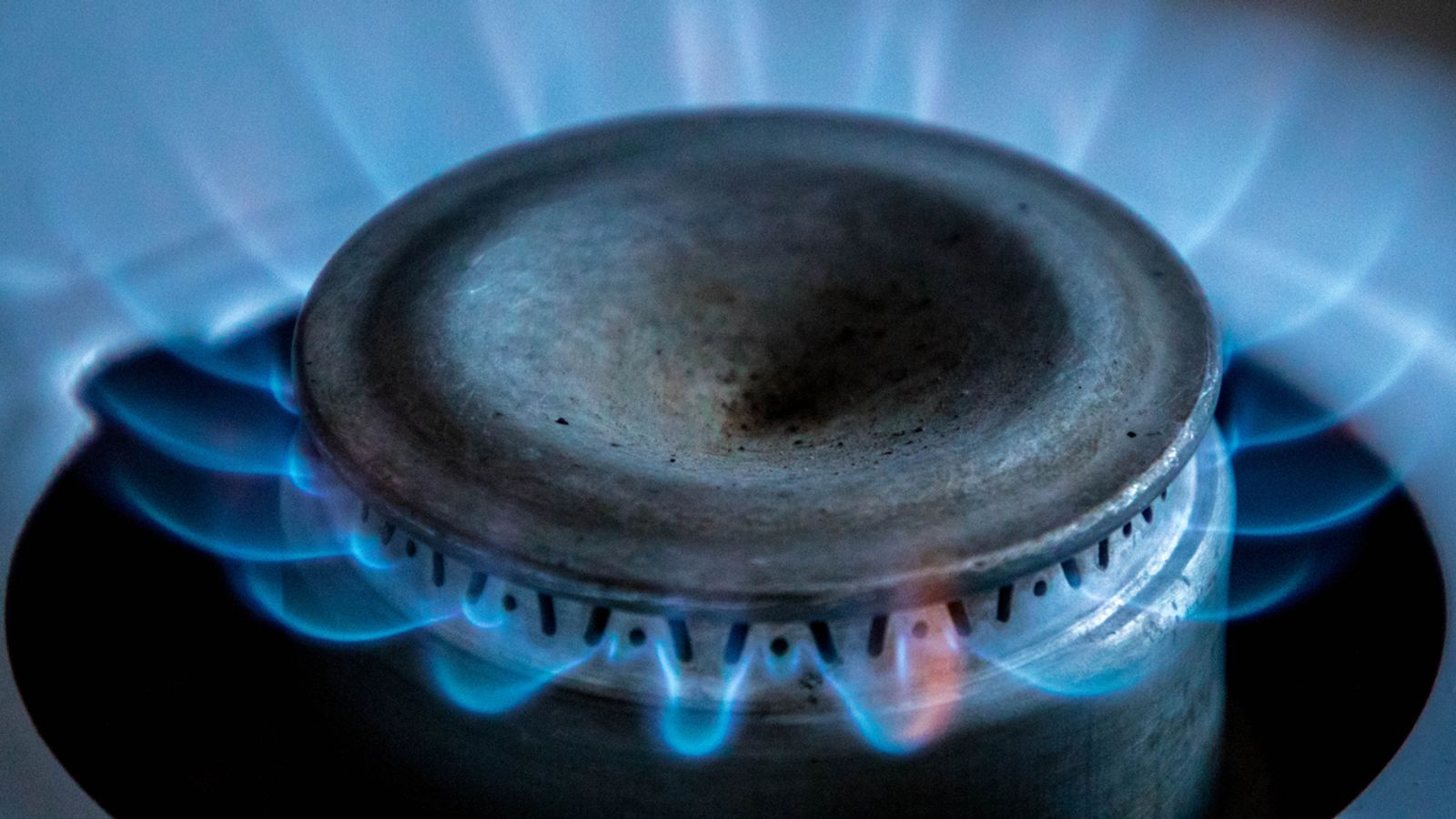The United Arab Emirates has pushed back on OPEC+ leaders Saudi Arabia and Russia, claiming its “sovereign right” to negotiate fairer terms for an oil production increase.
“For us, it wasn’t a good deal,” UAE Minister of Energy and Infrastructure Suhail Al Mazrouei told CNBC’s Hadley Gamble, referring to OPEC+ production cuts which were based on a “level of production that goes back to 2018.”
“We knew that the UAE position in that agreement was the worst in terms of comparing our current capacity with the level of production” he said.
“But an agreement is an agreement.”
Asked if the UAE would be willing to walk away, the minister said “we cannot extend the agreement or make a new agreement under the same conditions. We have the sovereign right to negotiate that.”
The comments come after the United Arab Emirates blocked some aspects of an OPEC+ proposal to increase output on Friday, seeking better terms for itself.
“Let’s increase the production, and talk about the extension and the agreement and the conditions associated with it at a later meeting,” he said, adding that the UAE unconditionally supports a supply increase.
“We are meeting on Monday, and I think we are all in agreement that we need to do something regarding the increase in production,” Al Mazrouei said. “The issue is putting a condition on that increase, which is the extension of the agreement,” he added.
High risk
The high stakes standoff comes as oil prices surge above $75 dollars a barrel for the first time in two years. Failure to reach a deal on Monday could risk the market recovery, and even unravel the fragile OPEC+ alliance if the deadlock is left unresolved.
“We have plenty of time to meet and discuss the terms of the extension with justification that can involve independent bodies to review it” he said. “I’m still hopeful that by Monday we will segregate the two decisions,” he added.
The UAE threatened to leave OPEC late last year, and an exit would almost certainly trigger a repeat of the OPEC+ price war that pushed oil prices to -$40 in April last year.
“It’s not wise nor a target for anyone to raise prices to a level that the world economy cannot handle,” he said. “We think we need to do it and we need to do it for August” Al Mazrouei added.
Baseline dispute
At the core of the current proposal is a plan to increase production by 2 million barrels per day (mb/d) between August and December in 400,000 barrels per day monthly installments. OPEC+ also plans to extend its production cut agreement from April 2022 to December 2022.
“Now we think that linking the extension of the agreement for a reference that goes back to 2018, and for a period that starts from 2022, is just not realistic, because this is four years” Al Mazrouei said.
“That is totally unfair.”
The UAE has spent billions investing in its oil production capacity, seeking to ramp up output. With Iran also set to return to the oil market in the coming months, the UAE sees good scope to review the terms.
“UAE crude oil production in October 2018 was 3.160 mb/d. But it increased to 3.841 mb/d in April 2020. By changing the base, UAE can increase its production drastically & immediately,” tweeted Anas Alhajji, Managing Partner at Energy Outlook Advisors.
“They do not want OPEC+ agreement to limit their production and potential,” he added.
In what could perhaps be another sign of strain in the relationship, Saudi Arabia moved to restrict travel to the UAE late Friday, citing the pandemic.
Asked about the silence from the White House on the production group’s internal dispute, Mazrouei replied “Happy fourth of July.”

